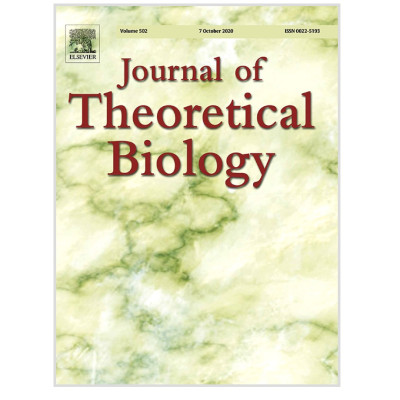Publication
Dynamical properties of feedback signalling in B lymphopoiesis: A mathematical modelling approach
S. Chulián, A. Martínez-Rubio, A. Marciniak-Czochra, T. Stiehl, C.B. Goñi, J.F. Rodríguez Gutiérrez, M.R. Orellana, A.C. Robleda, V.M. Pérez-García, M. Rosa
Journal of Theoretical Biology 110685 (2021)
MOLAB authors
Abstract
Haematopoiesis is the process of generation of blood cells. Lymphopoiesis gen- erates lymphocytes, the cells in charge of the adaptive immune response. Dis- ruptions of this process are associated with diseases like leukaemia, which is especially incident in children. The characteristics of self-regulation of this pro- cess make them suitable for a mathematical study.
In this paper we develop mathematical models of lymphopoiesis using cur- rently available data. We do this by drawing inspiration from existing structured models of cell lineage development and integrating them with paediatric bone marrow data, with special focus on regulatory mechanisms. A formal analysis of the models is carried out, giving steady states and their stability conditions. We use this analysis to obtain biologically relevant regions of the parameter space and to understand the dynamical behaviour of B-cell renovation. Finally, we use numerical simulations to obtain further insight into the influence of prolif- eration and maturation rates on the reconstitution of the cells in the B line. We conclude that a model including feedback regulation of cell proliferation repre- sents a biologically plausible depiction for B-cell reconstitution in bone marrow. Research into haematological disorders could benefit from a precise dynamical description of B lymphopoiesis.















